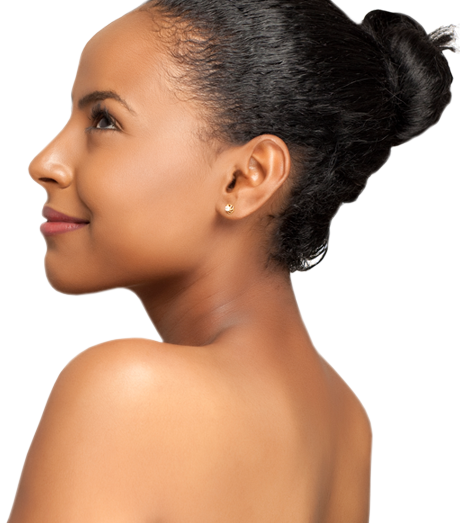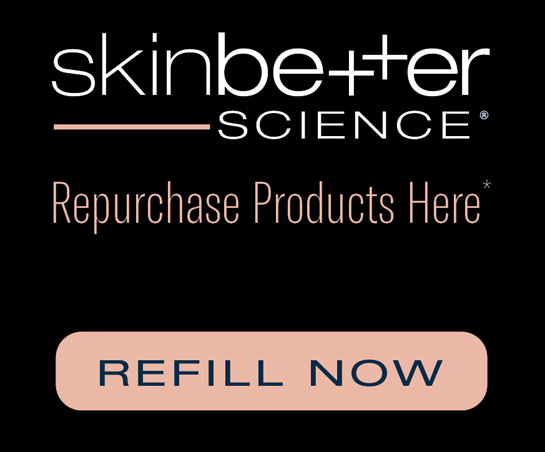What Can You Do to Avoid Retinol Burn?
As your skin ages, changes occur in the connective tissue, causing strength and elasticity to be reduced. The number of pigment cells (melanocytes) decreases, blood vessels are weakened, sebaceous glands produce less oil, and your body begins to create less collagen. All of these changes result in thinner, paler, more wrinkled skin. If you’re seeking skin care advice, the NJ-based team at Burnett Plastic Surgery can help you find the best solutions, such as medical-grade products that are designed for your specific needs.
Topical products such as retinoids have been proven to restore skin to a more youthful appearance. Retinol, a type of retinoid, is one of the most talked about skin care ingredients in recent years—and for good reason. This powerful anti-aging ingredient is a synthetic derivative of vitamin A that alters the behavior of skin cells, causing them to act like younger cells. It is absorbed from the surface of the skin into the dermis where it promotes cellular production and rejuvenation in layers where collagen and elastin develop.
By preventing pores from becoming blocked, retinol reduces acne flare-ups while also improving texture, smoothing fine lines, and improving the luminosity of the skin. However, since it’s such a strong ingredient, it can cause some side effects such as irritation, redness, dryness, and peeling, especially for first time users or for patients with sensitive skin. This side effect has been nicknamed “retinol burn.”
Luckily, there are steps you can take to prevent this “burn” before it happens.
• Start off with products that have a lower concentration of retinol, such as .03 percent or less if you are trying retinol for the first time
• Try “buffering” retinol, which means applying it at the same time as moisturizer to dilute it and make it easier for your skin to tolerate
• Applying sunscreen is a must if you’re using retinoids because they increase the risk of sunburn—not to mention sun exposure combined with a retinol burn can lead to irritation and hyperpigmentation, so wear SPF 30 or higher sunscreen on your face each day
For more skin care tips, contact NJ-based Burnett Plastic Surgery. We provide minimally invasive cosmetic treatments and high-quality skin care products. For more advice, call us at (908) 233-0200 or submit a contact form to request a consultation.





